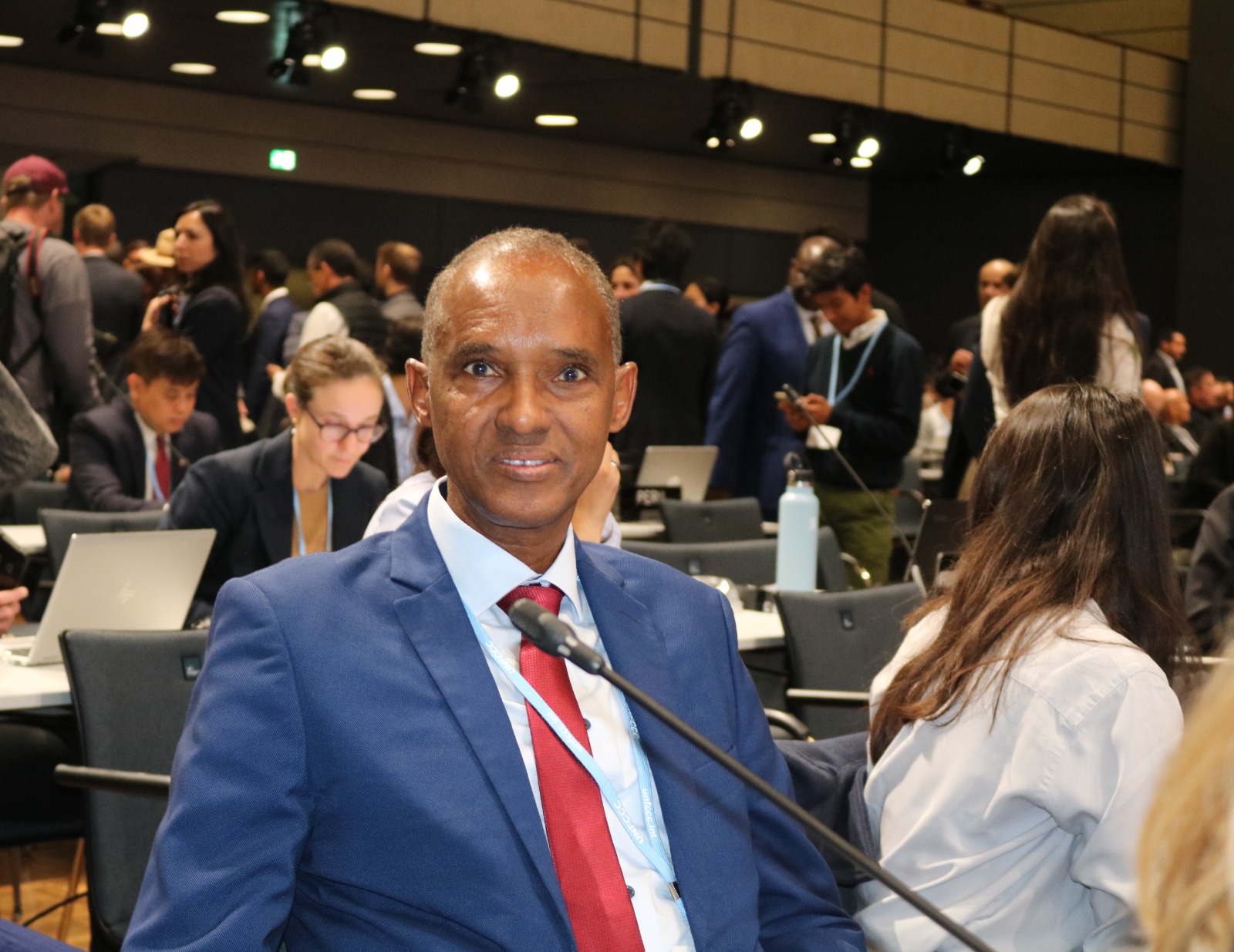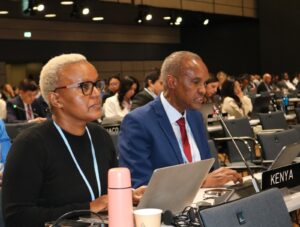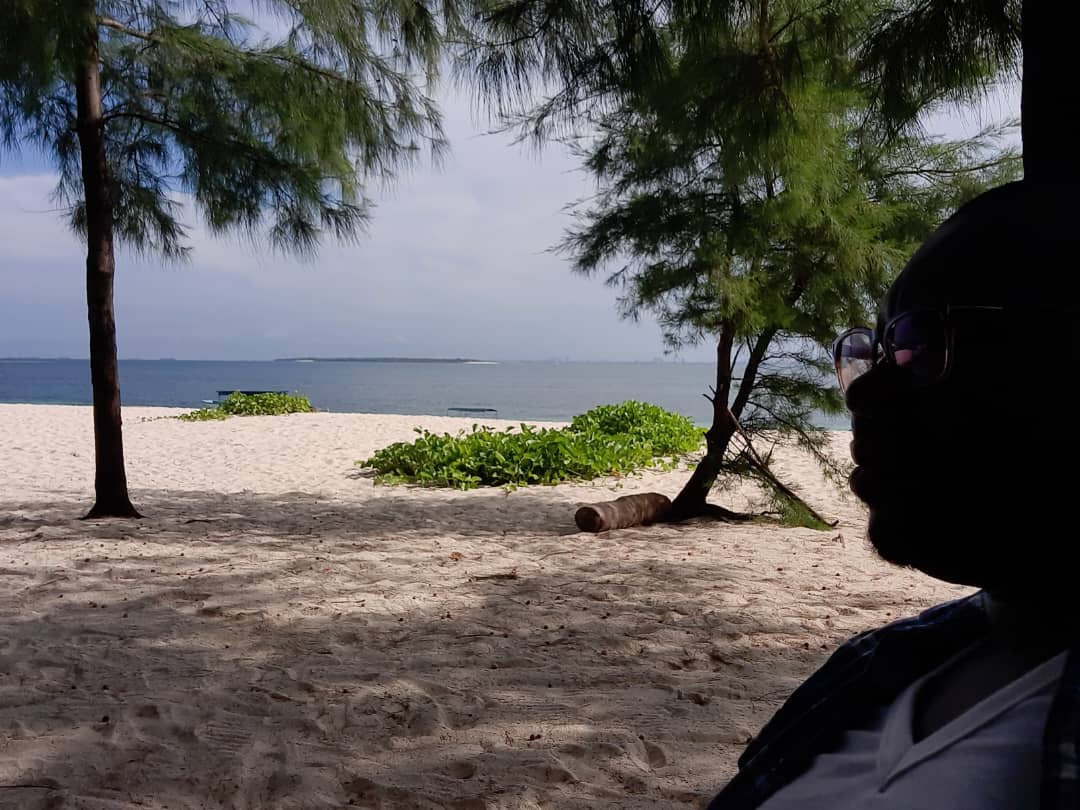
The African Group of Negotiators on Climate Change (AGN) has expressed displeasure on the decision to host the Secretariat of the Santiago Network on Loss and Damage in Geneva, Switzerland, against a report recommending the United Nations Disaster Risk Reduction (UNDRR) headquarters in Nairobi, Kenya, as the most cost effective venue.
In his opening remarks at the opening plenary of the 60th session of the UN Climate Change Subsidiary Bodies (SB60), in Bonn, Germany, AGN Chair, Ali Daoud Mohamed said the group “plans to challenge this decision at COP29.”
“We register our concern that despite the report on the hosting of the Secretariat of the Santiago Network on Loss and Damage proposing UNDRR offices in Nairobi as the most cost effective venue, the first Board meeting of the Network decided to set aside the informed recommendation, and instead approved hosting the Secretariat in a much more expensive venue in a developed country where the real impacts of climate change is less felt, not to mention issues of visa. As a group, we plan to challenge this decision at COP29,” said Mohamed.
The Santiago Network on Loss and Damage was established at COP25 in Madrid, as part of the Warsaw International Mechanism for Loss and Damage (WIM), which was established at COP19 in Warsaw, Poland.
The Network was established to catalyse technical assistance of the relevant organisations for the implementation of relevant approaches in developing countries that are particularly vulnerable to impacts of climate change.
Meanwhile, the AGN Chair highlighted the devastating impacts of climate change in Africa, ranging from food and water insecurity, compromising livelihoods and health, amid debt stress that several countries in the region are grappling with resulting from climate-induced impacts on their economies.
He thus outlined climate finance, adaptation and mitigation support as Africa’s key priorities at the climate talks for the year.
“The effects of climate change are escalating, particularly in Africa where the warming rate is 1.5 times the global average,” he said.
“These changes are not hypotheticals; they are our lived reality. Currently, East Africa is enduring its most severe floods on record, following five consecutive years of devastating drought. These floods have impacted nearly 1.6 million people, resulting in over 500 fatalities and displacing around 480,000 individuals,” he added.
“Simultaneously, several nations in Southern Africa are grappling with intensifying droughts. Given that 60 percent of the continent’s workforce is employed in agriculture—a sector vital to Africa’s economy—these are not merely extreme weather events; they are direct threats to lives and livelihoods,” said Mohamed.
“We must deliver an ambitious New Quantified Goal on Finance (NCQG) as many African countries are struggling with high debt and limited fiscal space, exacerbated by the downturn in investment and increased cost of capital, all which slow the urgent need to build resilience to climate shocks,” he stressed.
According to available data, if current trends persist, the economic toll of climate change on African nations is projected to surge to between 5% and 15% of GDP annually by 2040.

While solutions are plenty, their deployment remains both slow and scaled inadequately, particularly in reaching Africa. For instance, in the renewable energy sector, statistics indicate that in 2023, over $600 billion was invested globally, adding approximately 500 Gigawatts to the global energy mix. However, Africa only accounted for less than three Gigawatts to the expansion, perpetuating the longstanding trend of underinvestment.
“Africa is ready to be part of the solution, but it is lacking the necessary ingredients – most notably finance and investment at scale to meet its development priorities in a climate-safe manner. We have made good progress with the UAE consensus but now we need to build on it and, most importantly, ensure that the words are translated into implementation,” said Ali Mohamed, in his clarion call for Africa’s role in the climate action agenda.
On adaptation, the AGN Chair noted adaptation as a matter of survival for Africa, adding that mobilisation of finance for the affected sectors to adapt is key.
“For Africa, adaptation is a matter of survival. The Africa Group applauds milestones made in putting forward the Global Goal on Adaptation Framework in Dubai with clear thematic and dimensional targets and hope that the outcome of this process will improve mobilisation for adaptation finance,” he said.
At COP28, parties agreed on the UAE Climate Resilience Framework on the GGA, and established the UAE-Belem work programme on indicators for measuring progress achieved towards the targets of the framework and modalities including organization of work, timelines, inputs, outputs, and involvement of stakeholders.
The decision urges parties and invites non-party stakeholders to increase ambition and enhance adaptation action and support, in order to accelerate swift action at scale and at all levels, from local to global, in alignment with other global frameworks, towards the achievement of set thematic targets on water, agriculture, attaining resilience against climate change related health impacts, promoting climate-resilient health services, and significantly reducing climate-related morbidity and mortality, particularly in the most vulnerable communities, ecosystems and biodiversity, infrastructure and human settlements, poverty eradication and livelihoods, and cultural heritage.
Earlier in the AGN preparatory meetings leading up to SB60, the group discussed and highlighted health and climate as an emerging agenda worth of the group’s active consideration, in view of the COP28 Health declaration and the Troika of COP28, COP29 and COP30 Presidencies’ support for the climate and heath agenda.
About the AGN
The African Group of Negotiators on Climate Change (AGN) is a technical body of the three-tier African negotiating structure that engages in the technical negotiations during the Conferences of the Parties (COPs) and the intersessional negotiations on Climate Change. It was established in 1995 with the objective of representing the interests of Africa in the international climate change negotiations, with a common and unified voice.
The AGN prepares and drafts negotiating text and common positions at COPs, guided by decisions and key messages from the Committee of African Heads of State and Government on Climate Change (CAHOSCC), the highest decision-making tier and the African Ministerial Conference on Environment and Natural Resources (AMCEN), the second highest decision-making tier.
Its structure comprises of Lead Coordinators and Strategic Advisors, thematic coordinators, former AGN Chairs and UNFCCC focal points of all African Member countries and the Secretariat.
About SBs
The Subsidiary Bodies (SBs); the Subsidiary Body for Implementation (SBI) and the Subsidiary Body for Scientific and Technological Advice (SBSTA), are an integral part of the United Nations Framework Convention on Climate Change (UNFCCC).
They meet twice a year; during the Bonn Climate Change Conference (mid-year) and at the COP. The mid-year session discusses and prepares the agenda and decisions for the annual Conference of the Parties (COP). The 60th session of the SBs is scheduled from 3rd to 13th June, 2024.











